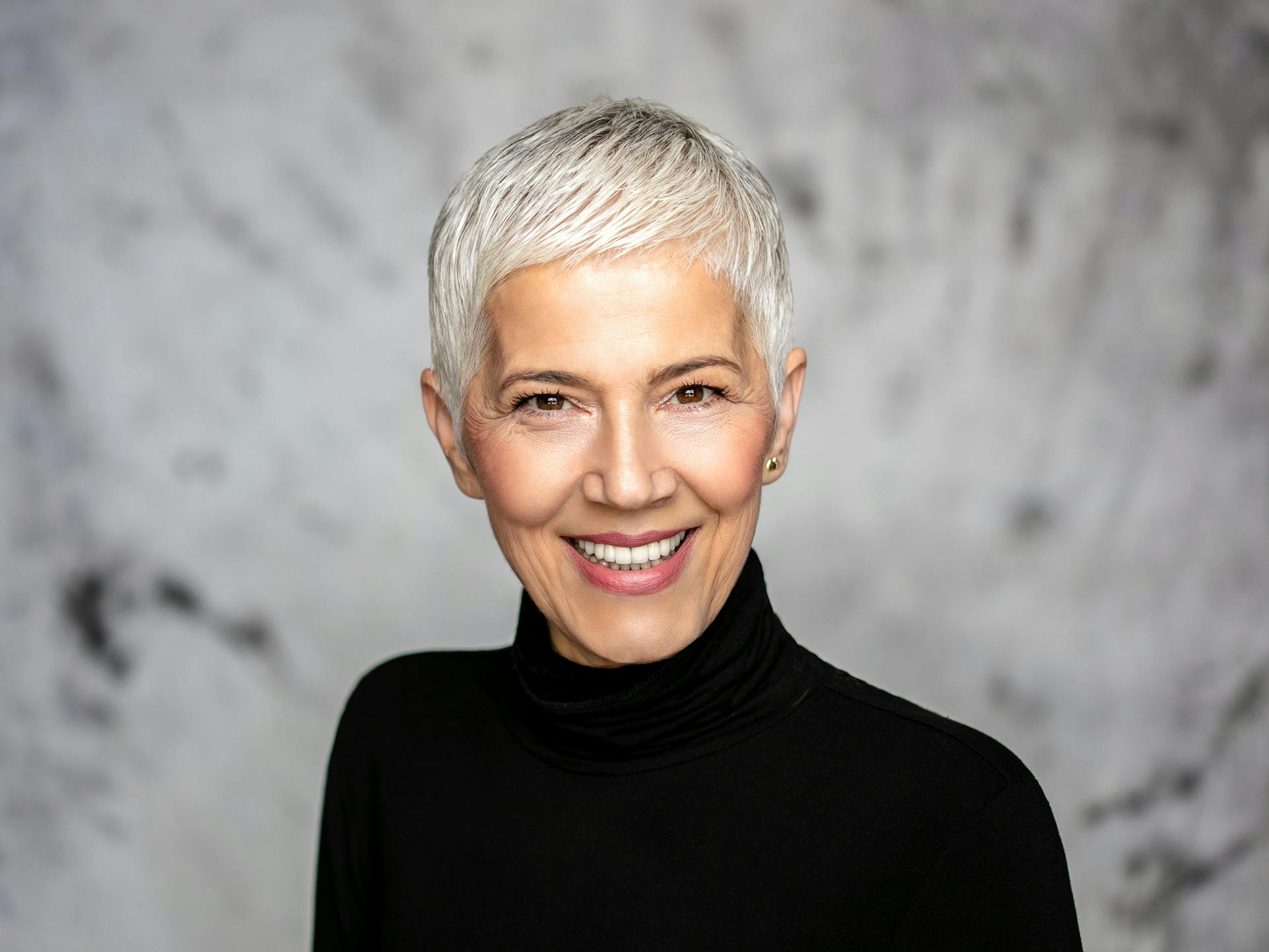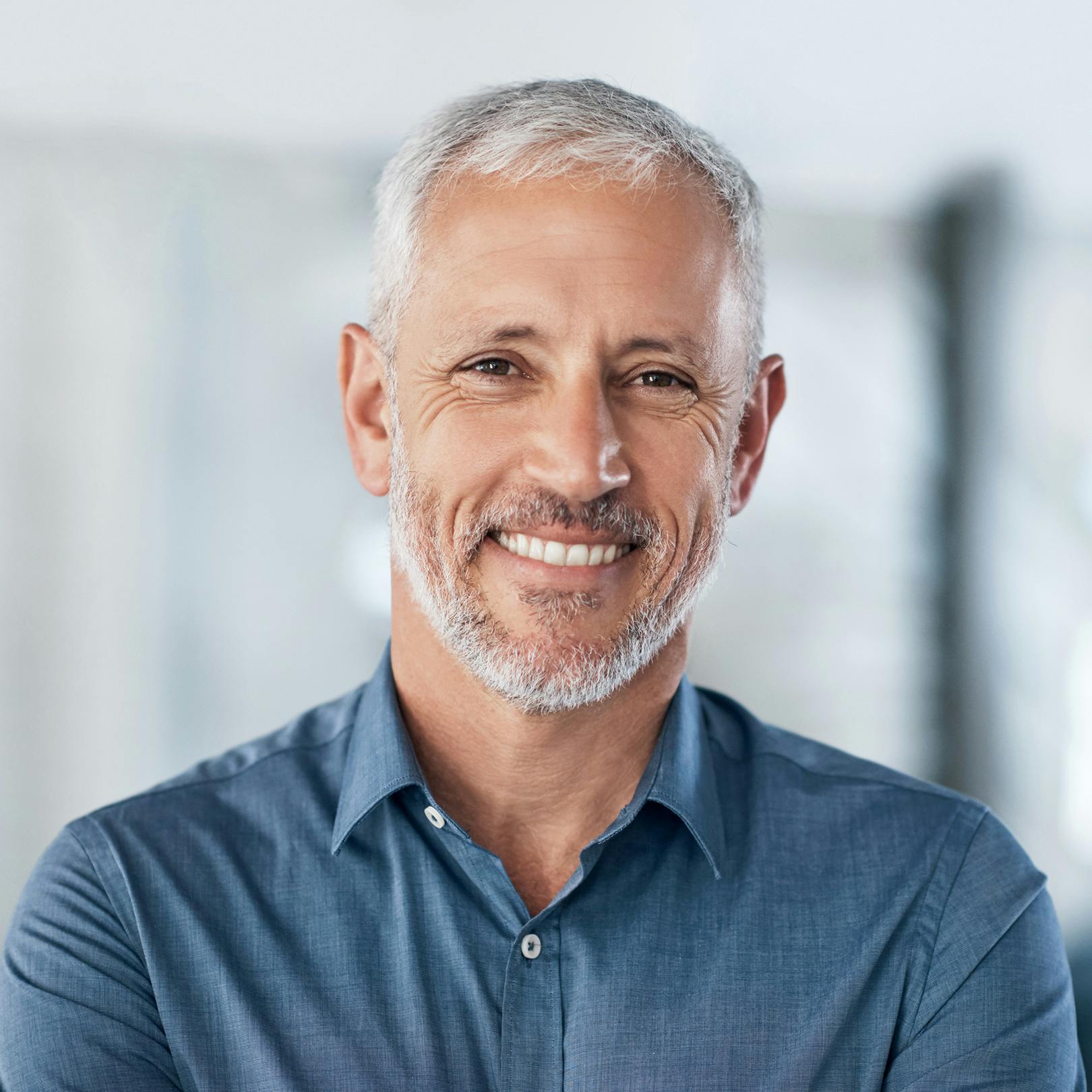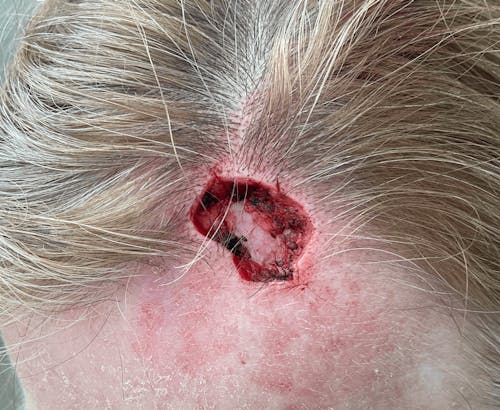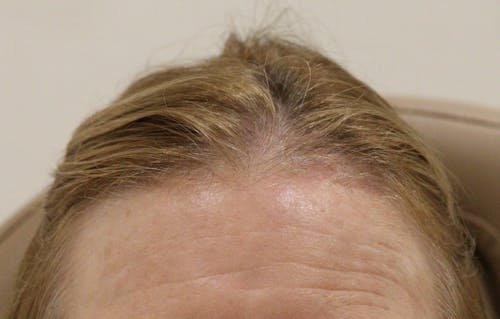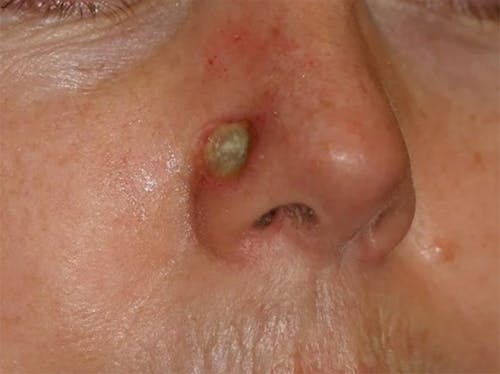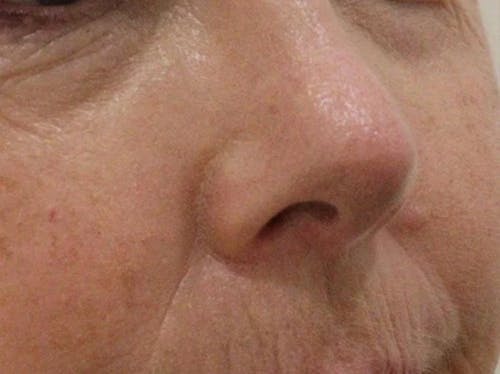Named after Frederic E. Mohs, M.D. in the late 1930s, Mohs surgery or Mohs micrographic surgery is considered one of the most effective methods for treating and removing basal cell carcinomas and squamous cell carcinomas.
Healthy Skin Ahead: The Benefits of Mohs Surgery
Mohs surgery at the Klausner Institute in Manhattan helps you achieve clearer, healthier skin with several great benefits, including:
- 95 – 99% cure rate for most skin cancers
- Only requires one office visit
- More precise and accurate than other treatments
- Less risk of cancer returning
- Does not require general anesthesia
- Quick and easy process
- Cost-effective
- Preserves more healthy tissue
- Less scarring
- Faster recovery
